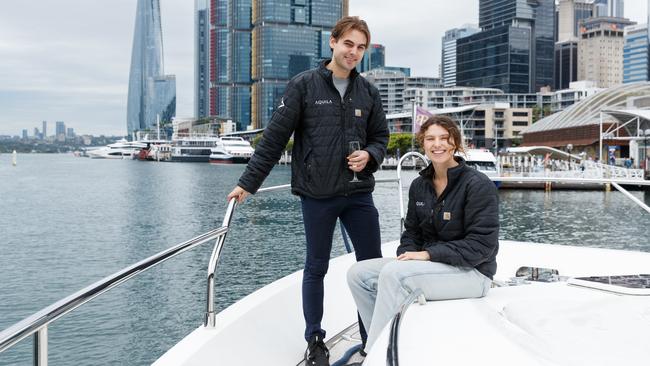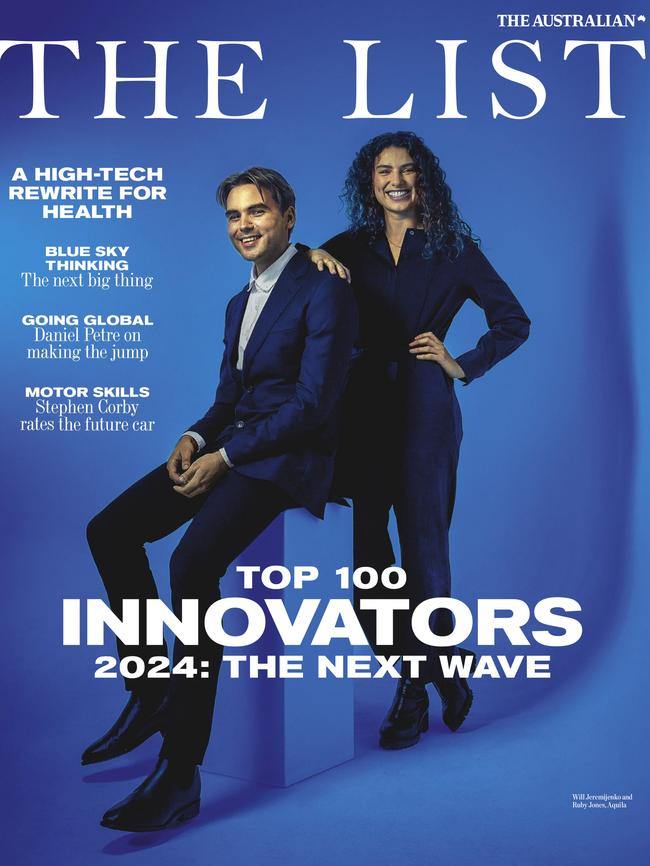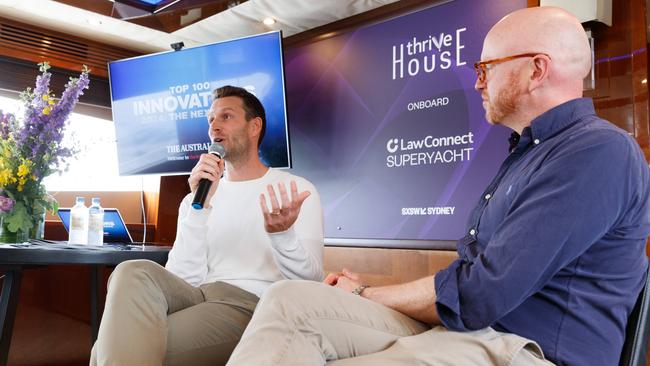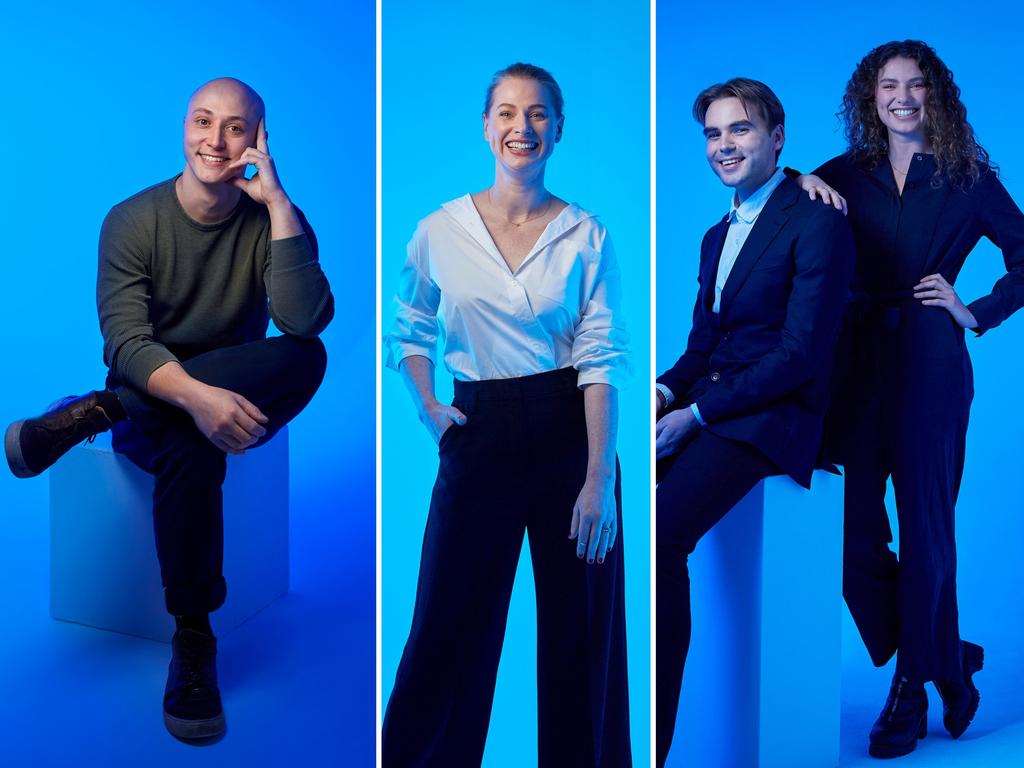VC funds have $500m to deploy from pandemic high as investment deadline looms, says Startmate boss Michael Batko
Australian venture capital firms will deploy about $500m over the next 12 to 24 months as the investment window closes for funds raised during the pandemic.

Australian venture capital firms will deploy about $500m over the next 12 to 24 months as the investment window closes for funds raised during the pandemic, one of the nation’s top entrepreneurs says.
It was the silver lining to the same pandemic boom that saw start-ups raise tens of millions more than they otherwise would have and land overinflated valuations that were later slashed, said industry veteran Michael Batko, the chief executive of Blackbird’s accelerator program Startmate.
Mr Batko, who describes himself as a serial optimist, said most people didn’t realise that it was not just start-ups that took in large sums of cash during the pandemic high.
The Startmate boss spoke to The Australian’s technology editor Jared Lynch during the launch of The List: Innovators 2024on the LawConnect Superyacht on Friday.

“The narrative, I think, publicly has been that there’s less capital in the market … but there is an interesting kind of different perspective in this one as well,” he told Lynch.
“Lots of VC funds actually raised their funds in 2020 and 2021 which was at the very height of that funding cycle.
“And the interesting thing that most people don’t know is that VC funds have to deploy their money within a certain investment period, which is usually four to five years.”
On the back of the funding high in 2020 and 2021, where cheques were being signed overnight and hundreds of millions of dollars were changing hands quicker than most could keep up with, the sentiment changed almost as quickly.
In 2022, venture capital firms began to tell the start-ups they had backed to ditch the “growth at all costs” mentality and preserve capital over everything else. Some were told they needed as much as two years of runway to get through the technology downturn or they would have to raise new capital at a lower valuation, known as a “down round”.

While the industry witnessed some investor hesitancy in 2022 and 2023, in 2024 multimillion-dollar raises are back on the radar and Mr Batko said he believed Australia was on the cusp of seeing the remainder of the funds raised throughout the pandemic boom being deployed.
Australia didn’t have a single industry that dominated the rest among start-ups, and its real strength was in its people, Mr Batko said. “At Startmate we see about 1200 companies a year and we invest in the top 30,” he said.
Also aboard the yacht were young entrepreneurs William Jeremijeko and Ruby Jones of Aquila, a start-up building a wireless energy network that can power a small drone via lasers.
Both Ms Jones and Mr Jeremijeko feature in The Australian’s The List: Innovators 2024.
Mr Jeremijeko also spoke briefly about the difficulty start-ups, including his own, face in Australia. Aquila raised $3m in June last year in a round led by Blackbird Ventures.
While Australians were highly innovative and big adopters of new technology, they were wary of investing in risky ventures, Mr Jeremijeko said. For that reason Australian start-ups often had to look to countries like the US.
Paul Weingarth, whose digital receipt and data start-up Slyp also features on The List: Innovators 2024, said Australia was a unique market. There were just four major banks and two retail giants and if you could get at least one of them on board as a start-up you’d be able to land a healthy amount of work that could help fund more global ambitions.
Other entrepreneurs on board included Ada Guan, the co-founder of Rich Data Co, and Matt Ryall, the co-founder of Mawson Rovers.






To join the conversation, please log in. Don't have an account? Register
Join the conversation, you are commenting as Logout